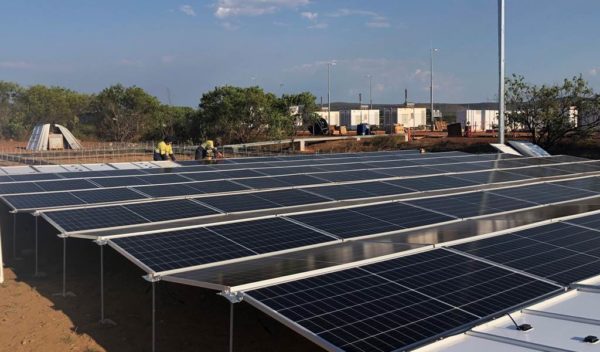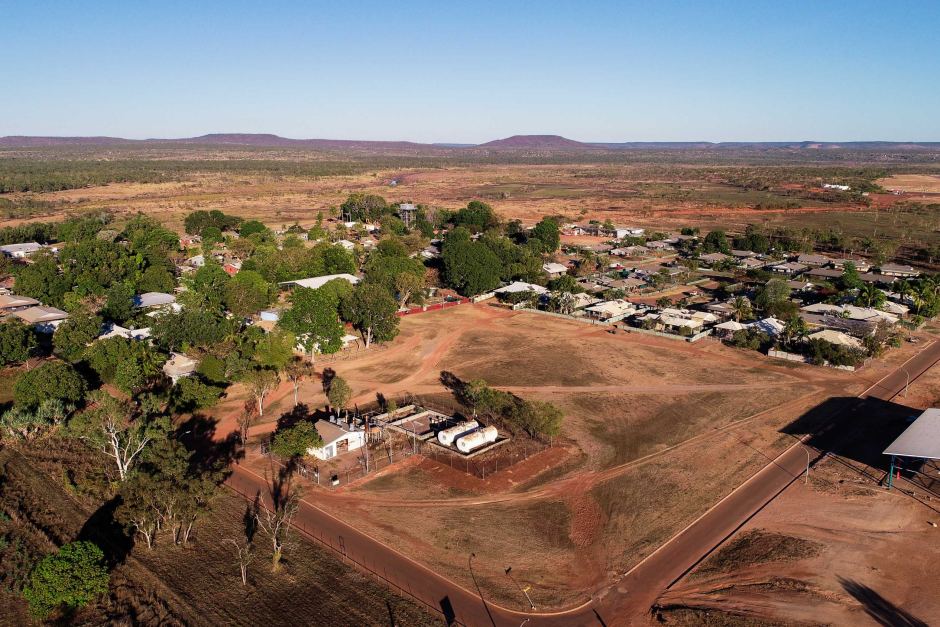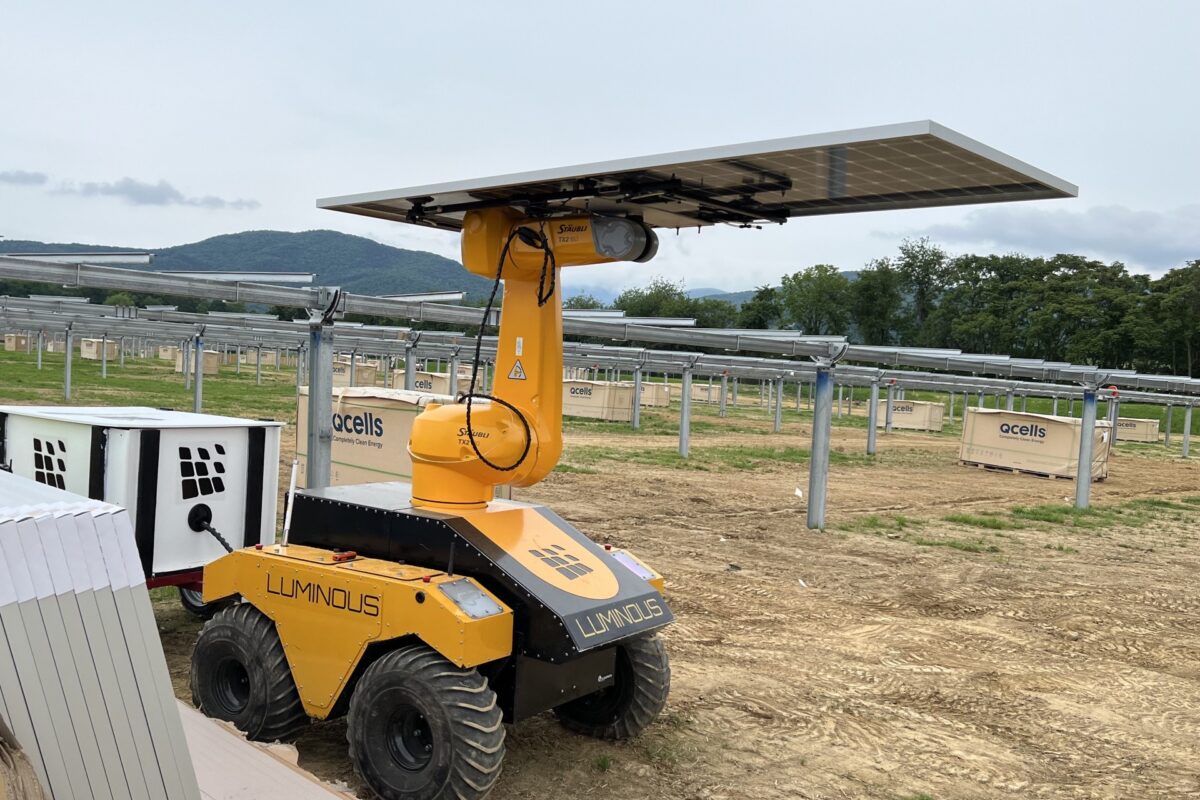Kalumburu, located on the banks of the King Edward River, 550 kilometres northwest of Kununurra and 650 kilometres northeast of Derby in Western Australia’s Kimberly region, is the most remote permanent settlement in the state.
The community’s only power source to date has been from diesel generators but that is about to change with Horizon Power installing a 700 kW solar farm and a 1.78 MWh battery to deliver a renewable energy supply to the approximately 400 residents.
State-owned utility Horizion Power said the new solution, being delivered by Perth-based solar specialists West Australian Alternative Energy (WAAE), means up to 64% of Kalumburu’s power will be generated by renewable energy.
Horizon said diesel generation will still be required, but the new solar and battery solution will enable the microgrid to run completely on renewable energy during the day, when weather conditions are favourable.
Horizon Power chief executive officer Stephanie Unwin said solar+battery systems have been proven to have a high reliability rate and are well suited to the seasonal weather impacts that often affect energy systems in remote communities.
“Utility-grade energy systems allow remote communities to have improved energy quality, reliability, safety and access to renewable greener energy through increased renewable-hybrid (solar-diesel) systems with reduced CO2 emissions,” she said.
“We are committed to bridging the energy technology gap between metropolitan and regional areas of the state.”
The project marks a milestone for WAAE which is, for the first time, using the PEG racking solution developed by German manufacturer Jurchen Technology.
The PEG system is a high-density low-profile solution which sits on slender galvanized steel bars which have been rammed into the earth. The lightweight construction means no foundations are required, negating the need for concrete.

Image: Horizon Power
WAAE said the use of the PEG system has been limited in Australia to date but it provides a unique, simplified solution while the low-profile 8-degree tilt design requires minimal spacing between modules, helping maximize land utilization.
A bankability report by Norway-based technical consultancy DNV GL says the area-related energy harvest per acre is almost the same for either the fixed-tilt or single-axis trackers systems, while the PEG system exhibits a comparative ~117-233% advantage over
The report also highlighted significant CAPEX savings due to the simplistic design of the PEG.
Horizon said construction of the Kalumburu microgrid is scheduled for completion next month, with commissioning to follow through to early next year.
The project is the first of six renewable energy systems set to be rolled out in the Kimberley as part of Horizon’s Remote Communities Centralised Solar Project which will see up to 4 MW of solar PV installed in six remote communities.
The $11.6 million project will see centralised solar and/or battery energy storage systems also installed in the Warmun, Ardyaloon, Beagle Bay, Djarindjin, and Bidyadanga communitites. Warmun is expected to be the next location for construction.
Unwin said the project offers customers a safe, more reliable cost-effective source of power.
“The project will significantly reduce the cost of providing power to these towns, which are currently fuelled 100% by diesel,” she said.
“It will also drive a significant reduction in CO2 emissions by more than 2,000 tonnes per year, which is equivalent to taking 425 cars off the road each year.”
This content is protected by copyright and may not be reused. If you want to cooperate with us and would like to reuse some of our content, please contact: editors@pv-magazine.com.









By submitting this form you agree to pv magazine using your data for the purposes of publishing your comment.
Your personal data will only be disclosed or otherwise transmitted to third parties for the purposes of spam filtering or if this is necessary for technical maintenance of the website. Any other transfer to third parties will not take place unless this is justified on the basis of applicable data protection regulations or if pv magazine is legally obliged to do so.
You may revoke this consent at any time with effect for the future, in which case your personal data will be deleted immediately. Otherwise, your data will be deleted if pv magazine has processed your request or the purpose of data storage is fulfilled.
Further information on data privacy can be found in our Data Protection Policy.